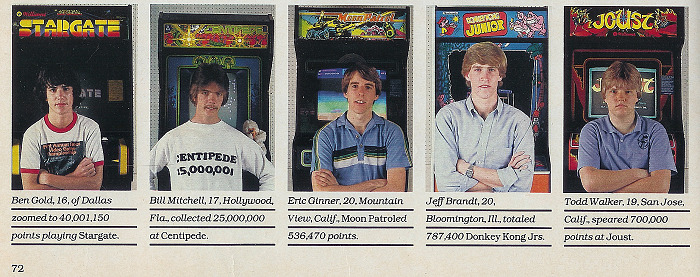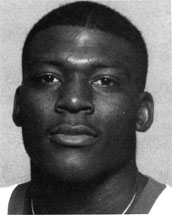
 t may have been the most expensive game of rock, paper, scissors ever played.
t may have been the most expensive game of rock, paper, scissors ever played.
Takashi Hashiyama, president of Maspro Denkoh Corporation, an electronics company based outside of Nagoya, Japan, could not decide whether Christie's or Sotheby's should sell the company's art collection, which is worth more than $20 million, at next week's auctions in New York.
He did not split the collection - which includes an important Cézanne landscape, an early Picasso street scene and a rare van Gogh view from the artist's Paris apartment - between the two houses, as sometimes happens. Nor did he decide to abandon the auction process and sell the paintings through a private dealer.
Instead, he resorted to an ancient method of decision-making that has been time-tested on playgrounds around the world: rock breaks scissors, scissors cuts paper, paper smothers rock.
In Japan, resorting to such games of chance is not unusual. "I sometimes use such methods when I cannot make a decision," Mr. Hashiyama said in a telephone interview. "As both companies were equally good and I just could not choose one, I asked them to please decide between themselves and suggested to use such methods as rock, paper, scissors."
Officials from the Tokyo offices of the two auction houses were informed of Mr. Hashiyama's request on a Thursday afternoon in late January.
They were told they had until a meeting on Monday to choose a weapon. The right choice could mean several million dollars in profits from the fees the auction house charges buyers (usually 20 percent for the first $200,000 of the final price and 12 percent above that).
Kanae Ishibashi, the president of Christie's in Japan, declined to discuss her preparations for the meeting. But her colleagues in New York said she spent the weekend researching the psychology of the game online and talking to friends, including Nicholas Maclean, the international director of Christie's Impressionist and modern art department.
Mr. Maclean's 11-year-old twins, Flora and Alice, turned out to be the experts Ms. Ishibashi was looking for. They play the game at school, Alice said, "practically every day."
"Everybody knows you always start with scissors," she added. "Rock is way too obvious, and scissors beats paper." Flora piped in. "Since they were beginners, scissors was definitely the safest," she said, adding that if the other side were also to choose scissors and another round was required, the correct play would be to stick to scissors - because, as Alice explained, "Everybody expects you to choose rock."
As Ms. Ishibashi wrote in an e-mail message to a colleague in New York, to prepare herself for the meeting she prayed, sprinkled salt - a traditional Japanese ritual for good luck - and carried lucky charm beads.
Two experts from each of the rival auction houses arrived at Maspro's Tokyo offices, where they were shown to a conference room with a very long table and asked to sit facing one another, Mr. Rendell said. Each side's experts had an accountant from Maspro sitting with them.
Instead of the usual method of playing the game with the hands, the teams were given a form explaining the rules. They were then asked to write one word in Japanese - rock, paper or scissors - on the paper.
After each house had entered its decision, a Maspro manager looked at the choices. Christie's was the winner: scissors beat paper.












































